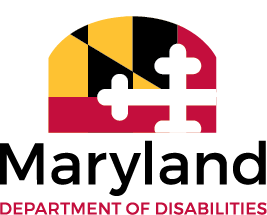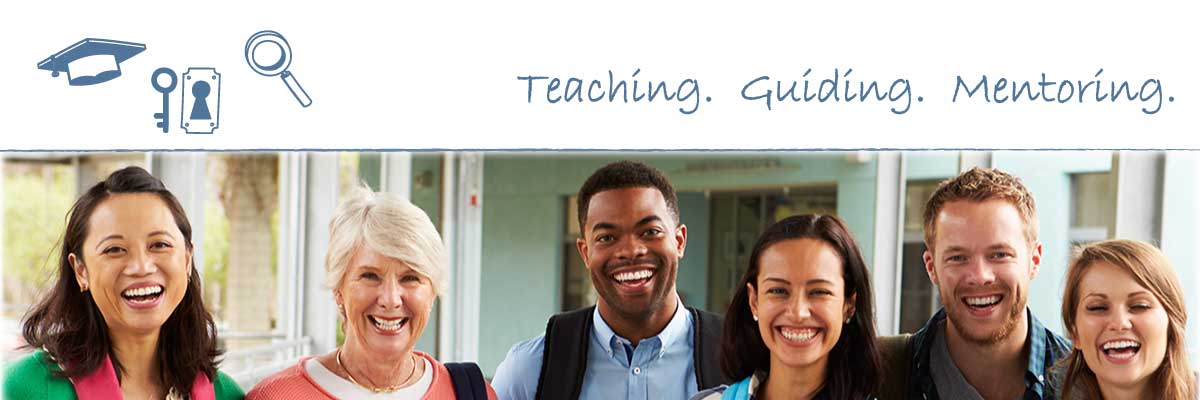As someone who works with teens with disabilities, you are in a position to help guide them in considering their future possibilities and explore their independence. Parents and family members may seek you out for guidance or seek help in finding information and resources.
On this page we will highlight some resources, access to training, and other information you may find helpful in working with teens and families.
Education
High school may not be the end of many teens' educational experience. Many may decide to go for more education or training. Here are some resources that may be helpful.
Maryland's Transition Guide: Read about Maryland's transition process in the Secondary Transition Planning Guide for individuals with Disabilities.
Helping Teens Prepare for their First Job!
Career Exploration and Job Analysis
O*NET OnLine is an online tool for career exploration and job analysis! It has detailed descriptions of the world of work for use by job seekers, workforce development and HR professionals, students, researchers, and more!
Visit O*NET.
Employment Supports & Services
There are agencies and services available to help your teen find a job. They include: Developmental Disabilities Administration (DDA). Behavioral Health Administration (BHA), Division of Rehabilitation Services (DORS), and the American Job Centers.
Learn more about these programs and the services they can provide.
Forms of Identification Teens will Need for Employment
Employers will ask for your Social Security number (SSN) and an official identification such as your social security number, certified birth certificate, or Maryland Identification Card.
Learn more about these forms of identification and how to obtain them.
Understanding the Americans with Disabilities Act (ADA)
Your teen has certain rights and responsibilities under the Americans with Disabilities Act (ADA). There are laws that protect them from discrimination in the workplace.
Learn more about your teen's rights and responsibilities.
The National Clearinghouse of Rehabilitation Training Materials
The National Clearinghouse of Rehabilitation Training Materials (NCRTM) is sponsored by the Rehabilitation Services Administration (RSA). The NCRTM offers the vocational rehabilitation and education communities an opportunity to contribute new knowledge to their specific fields and gain visibility for their work. Learn more about NCRTM.National Rehabilitation Information Center
NARIC is the library of the National Institute on Disability, Independent Living, and Rehabilitation Research (NIDILRR) that collects, catalogs, and disseminates articles, reports, curricula, guides, and other publications and products of the research projects funded by NIDILRR. Learn more about NARIC.Helpful Resources for the Whole Family
Maryland ABLE Account
MD ABLE accounts are a new way to help individuals with disabilities save money and pay for qualified disability-related expenses without jeopardizing federal means-tested benefits such as SSI or Medicaid. Learn more about MD ABLE.Changes in Benefits at Age 18
At age 18, youth who get SSI must go through two kinds of medical reviews to keep their benefits. Learn more about these medical reviews or Age 18 Redetermination.Age 18 Redetermination
At age 18 a child becomes an adult and the ability to work must be included in the disability determination. Explore The Age 18 Redetermination.Transition Planning
Both the IDEA and the Rehabilitation Act make clear that transition services require a coordinated set ofactivities for a student with a disability within an outcome-oriented process. This process promotesmovement from school to post-school activities, such as postsecondary education, and includesvocational training, and competitive integrated employment.











